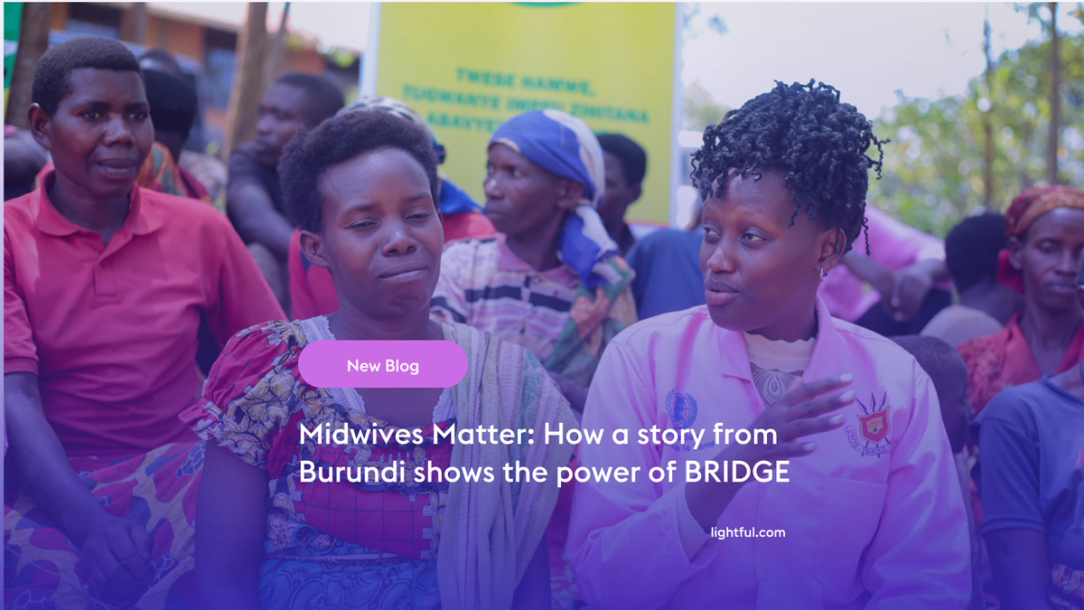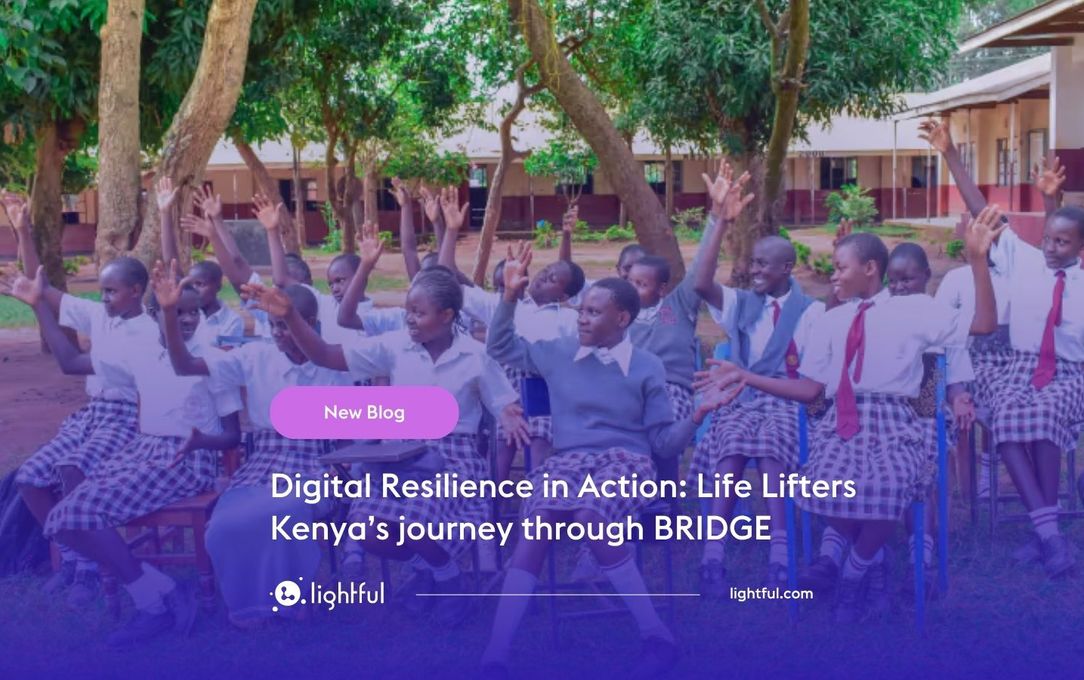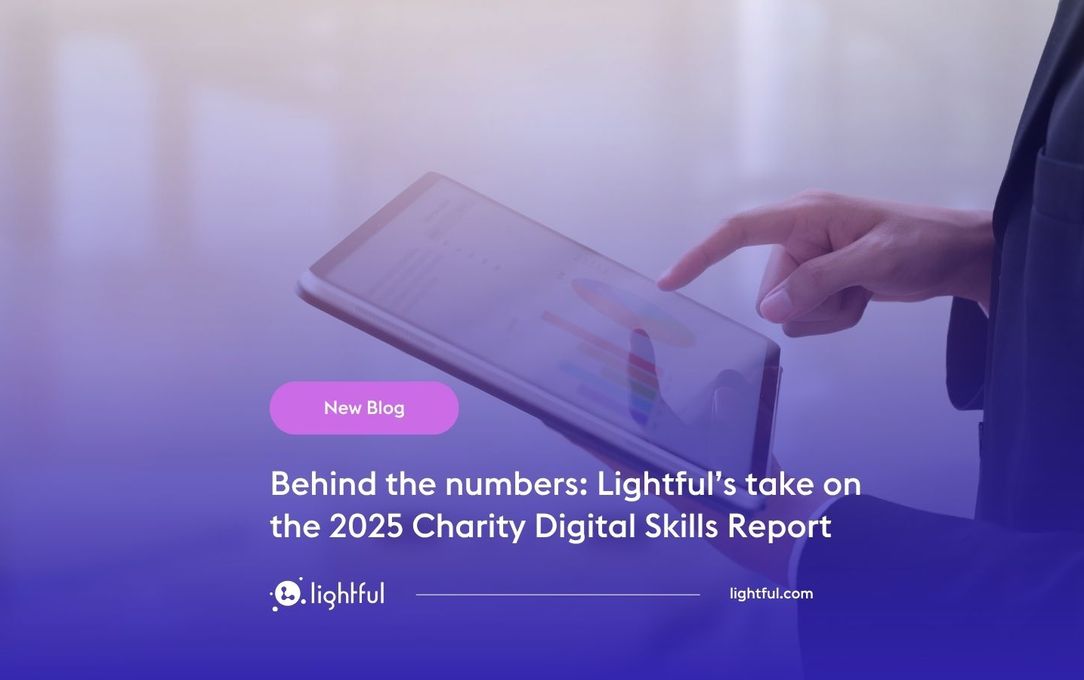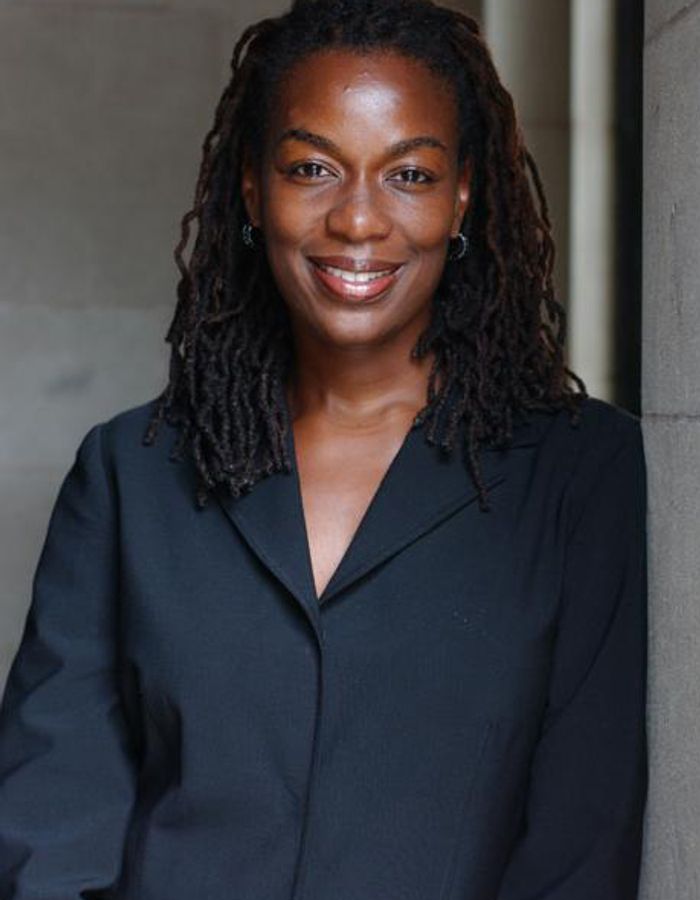SEO For Charities: An Interview With Nancy Scott, Cancer Research UK

It’s imperative for charities to think about the digital experience they provide for their users in a holistic way. This is something that Nancy Scott, Search Lead at Cancer Research UK, is extremely familiar with. We caught up with Nancy to talk about the ways in which charitable and beyond profit organisations can approach SEO, and some of the most common challenges she sees these organisations face.
Erin Niimi Longhurst: Why is SEO so important for charitable organisations in particular?
Nancy Scott: Organic search as a channel is crucial for any business or organisation – it’s an amazing way to interact with your audience while they are actively looking for something, whether that’s a product, service, or information.
I think it’s so important for charities because there’s no marketing spend associated with acquiring a user, and can be a huge portion of your audience. Search engine optimisation (SEO) doesn’t need to be expensive or complicated – any great marketing or promotional strategy should involve SEO at its core.
ENL: What are some tips you would give to organisations thinking more strategically about SEO?
NS: Think about your users and what they want, not just as visits – great SEO is so much more than ranking for keywords and traffic. Your audience wants a great experience with you online, and understanding how they engage with you is much more valuable.
ENL: What are the latest updates in the field, and how will they affect charities?
NS: The way Google and other search engines’ listings look are constantly evolving, and the way people use search is changing. Richer search results are driving people to change their behavior, and more and more, search engines are striving to be the provider of information to users, rather than directing them to relevant websites.
Localisation and personalisation are becoming more and more important, and charities need to think about how to offer the most relevant experience to their supporters, rather than a one size fits all approach.
ENL: What are some of the biggest mistakes or misconceptions you see in how organisations approach SEO?
NS: I think the biggest mistake organisations make when thinking about SEO is thinking about it in isolation, instead of as part of a holistic digital strategy, and treating SEO as something only a specialist can do. Devolving digital skills is critical for charities to succeed, and creating a workforce who can do SEO as a part of their role.
ENL: How should organisations use SEO tools to plan their future content?
NS: There are so many great tools and resources out there, especially when it comes to planning content – understanding what your audience is looking for and what other content producers are offering in that space can really put you ahead of the competition.
You don’t even need expensive SEO software to do this – Google’s free tools like Keyword Planner and Trends can give you some great insights into what people are searching for, and how interest is changing through time – but always remember to do a simple Google search for your topic – understanding what’s coming up top in the organic listings already will help you create content that’s even better.
Erin Niimi Longhurst
@ErinNiimi
Latest articles

Over the past year, Lightful and the International Confederation of Midwives (ICM) have supported Midwives Associations across Africa, South Asia and the Eastern Mediterranean to build their digital confidence through our BRIDGE programme. These organisations were starting from very different places, but all shared the same goal: to use digital tools to strengthen their voice, raise their visibility and advocate for better outcomes for women and babies.
Related posts

In today’s rapidly evolving digital landscape, the ability to engage online is a necessity. For nonprofits, especially those working in underserved regions or tackling complex social issues, digital tools can be the bridge between intention and impact. Whether it’s reaching new donors, advocating for policy change, or delivering services, digital capacity enables organisations to scale their mission and deepen their impact. Yet many grassroots organisations remain digitally under-resourced. That’s why Lightful created the BRIDGE programme - Building Resilience in Digital Growth and Engagement - to empower nonprofits with the skills, confidence, and strategies to thrive in the digital age and build lasting change.

Advancing digital maturity: what Lightful has learned from supporting 3,500 charities globally
See who we help
Contact us
Want to learn more?
Email Jonathan and start a conversation






